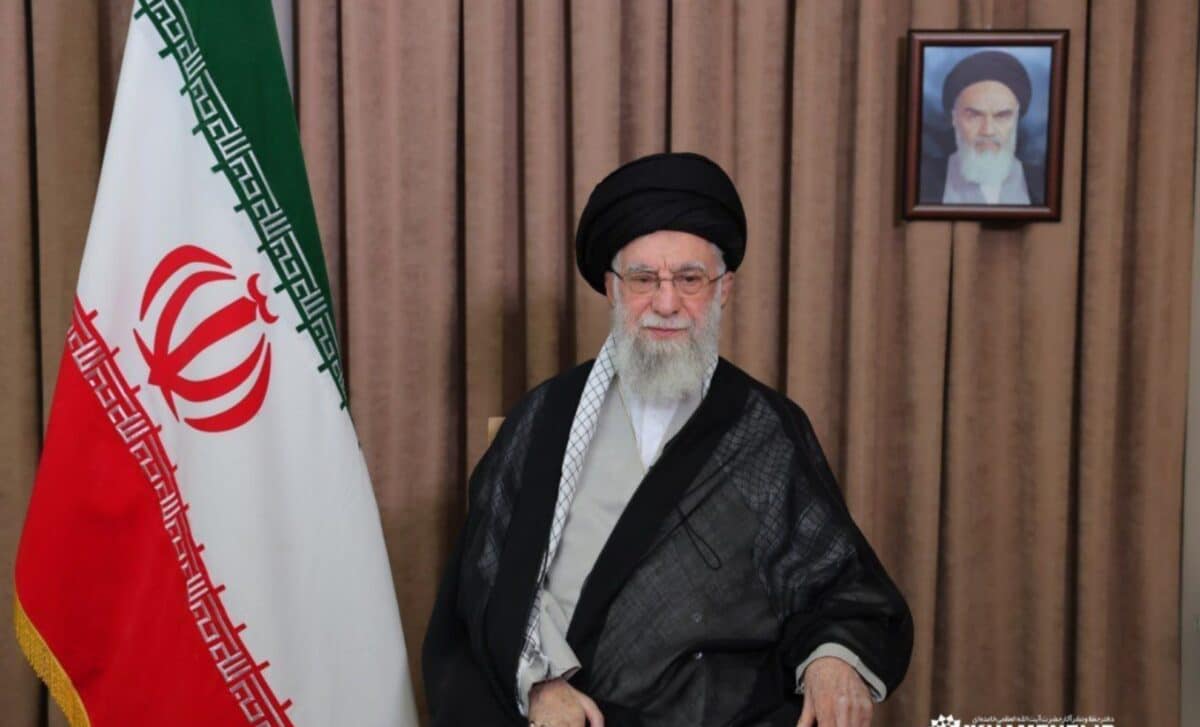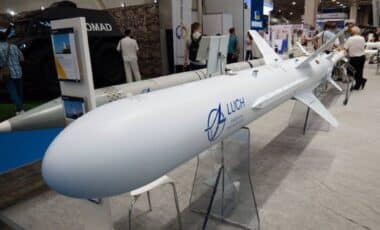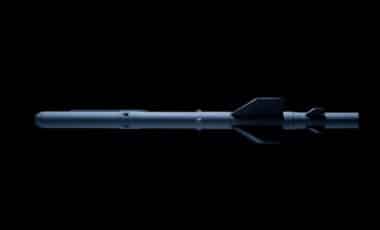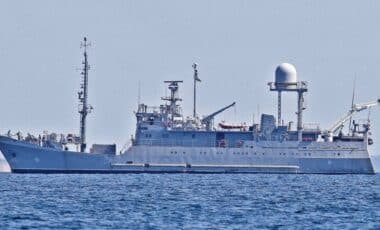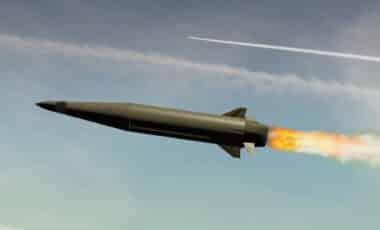Tensions between Israel and Iran continue to escalate, with Iranian Supreme Leader Ali Khamenei issuing stark warnings about the consequences of potential U.S. intervention. The conflict is intensifying, with both nations ramping up military operations and diplomatic rhetoric. Global powers, including Russia and the United States, are closely monitoring the situation, as the potential for wider regional instability looms.
The violence between Israel and Iran has been escalating with increased missile and drone strikes. In response, Israel has launched airstrikes on Iranian military sites, including nuclear facilities. At the same time, diplomatic exchanges and military warnings continue to raise concerns about further escalation, particularly with the involvement of the United States.
Is the U.S. About to Drop a 30,000-Pound Bomb on Iran’s Nuclear Heart?
Khamenei’s Defiant Message to the U.S.
In a televised speech, Iranian Supreme Leader Ali Khamenei made it clear that Iran would never submit to foreign pressure. Khamenei rejected any notion of forced peace or surrender, saying, “The Iranian nation firmly opposes an imposed war, just as it will firmly oppose an imposed peace.” He further warned that any U.S. military intervention would lead to “irreparable damage.” Khamenei’s statement was a direct response to U.S. pressure for Iran to halt its nuclear program and military activities in the region.
His comments came as President Donald Trump called for an “unconditional surrender” from Iran, which has not wavered in its stance. According to Khamenei, such threats will not influence Iran’s behavior, as the nation is determined to defend itself against what it perceives as aggression. This assertion by Khamenei demonstrates the ongoing tension between Iran and the West, as Iran remains steadfast in its opposition to U.S. demands.
Israeli Strikes on Iranian Facilities
Israel has conducted a series of airstrikes on Iranian military facilities, including two sites involved in the production of nuclear centrifuges. According to reports from the International Atomic Energy Agency (IAEA), Israel targeted the TESA Karaj workshop and the Tehran Research Center, both of which were previously under IAEA supervision as part of the Joint Comprehensive Plan of Action (JCPOA). These facilities were used to produce advanced centrifuges and components for missile development, crucial parts of Iran’s nuclear and ballistic missile programs.
In addition to the airstrikes, Israel’s defense forces have reported that one of their drones was shot down by a surface-to-air missile over Iranian territory. While there were no casualties, the incident highlights the increasingly dangerous nature of the conflict, with both sides launching direct military actions against each other.
U.S. Pressure and the Risk of Escalation
The United States has faced growing pressure to intervene more directly in the Israel-Iran conflict. Trump, who has been vocal about his stance on Iran, insists that Iran must capitulate unconditionally. While Israel has not requested direct U.S. military support for its operations, Israeli officials believe that American involvement could shorten the conflict and lead to a quicker defeat of Iran. According to Joshua Zarka, Israel’s ambassador to France, U.S. intervention would make things “simpler” and lead to a “faster” resolution.
However, the prospect of U.S. intervention is not without risks. Russia has expressed its concerns about the potential for further destabilization in the Middle East. Sergei Ryabkov, Russia’s deputy foreign minister, warned that any U.S. military support for Israel would radically destabilize the region. This caution highlights the delicate balance that international powers must maintain as the conflict continues to unfold. The U.S. has already closed its embassy in Jerusalem due to security concerns, and President Macron of France has called for increased vigilance as the situation evolves.
c

